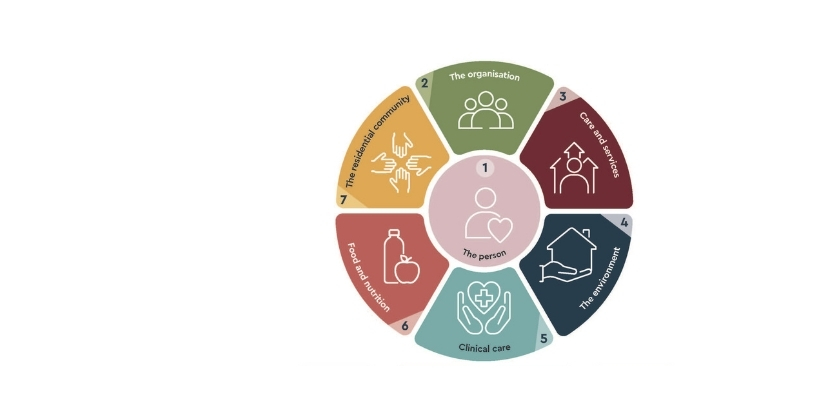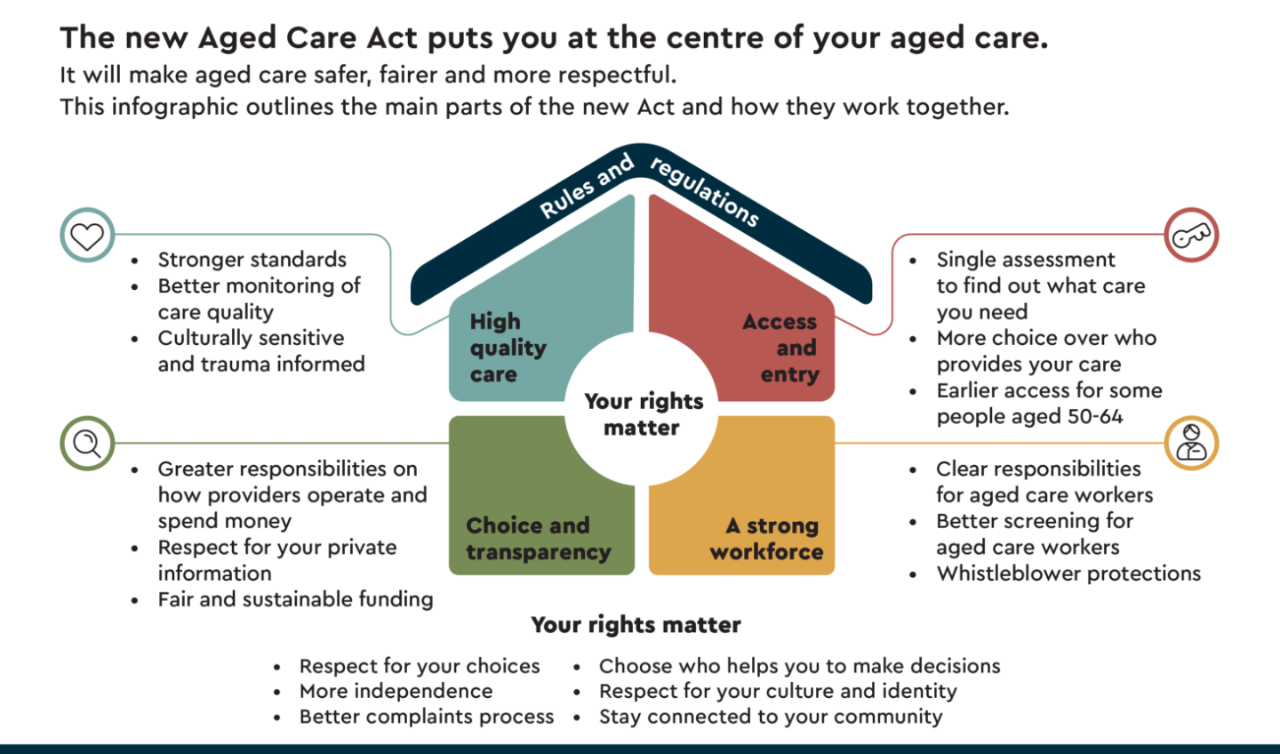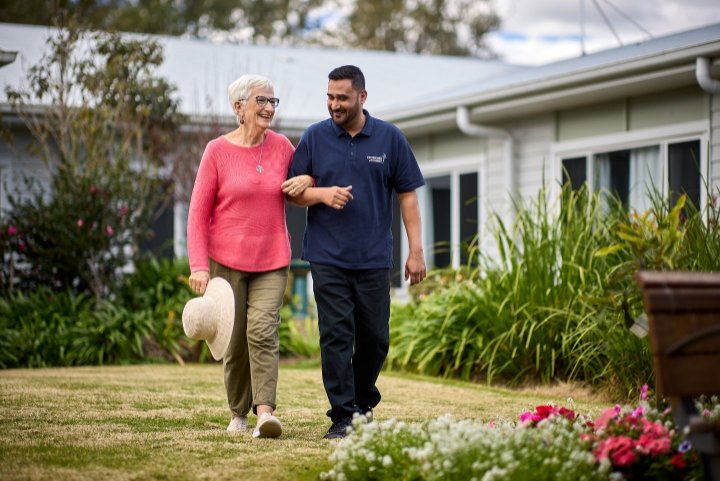The Act aims to:
- Uphold the rights of older people under the Statement of Rights
- Ensure fair access to flexible, person-centred care
- Promote independence, dignity, and social participation
- Safeguard against mistreatment, neglect, and unsafe practices
- Provide clear pathways for complaints and feedback
- Support informed decision-making through education and advocacy
- Encourage high-quality care through strong regulation and workforce standards.

Who will be affected
The new Act will affect everyone connected to the aged care system, including older people, their families and carers, aged care providers and their workers, the broader care sector and government agencies responsible for supporting, delivering, and overseeing the aged care system.
Find out more about the ActStatement of Rights
The new Aged Care Act will include a Statement of Rights, outlining the rights that older people will have when accessing aged care services.
The rights outlined help to ensure that older people and their needs are at the centre of the new aged care system. Access more about the Statement of Rights via the fact sheets.

Strengthened Aged Care Quality Standards
Everyone has the right to be treated with dignity and respect in aged care. The Aged Care Quality Standards are a set of requirements that define what good care looks like. They describe the standard of care you can expect from your aged care provider, whether you live in a residential care home or in your own home.
View the participant fact sheet


